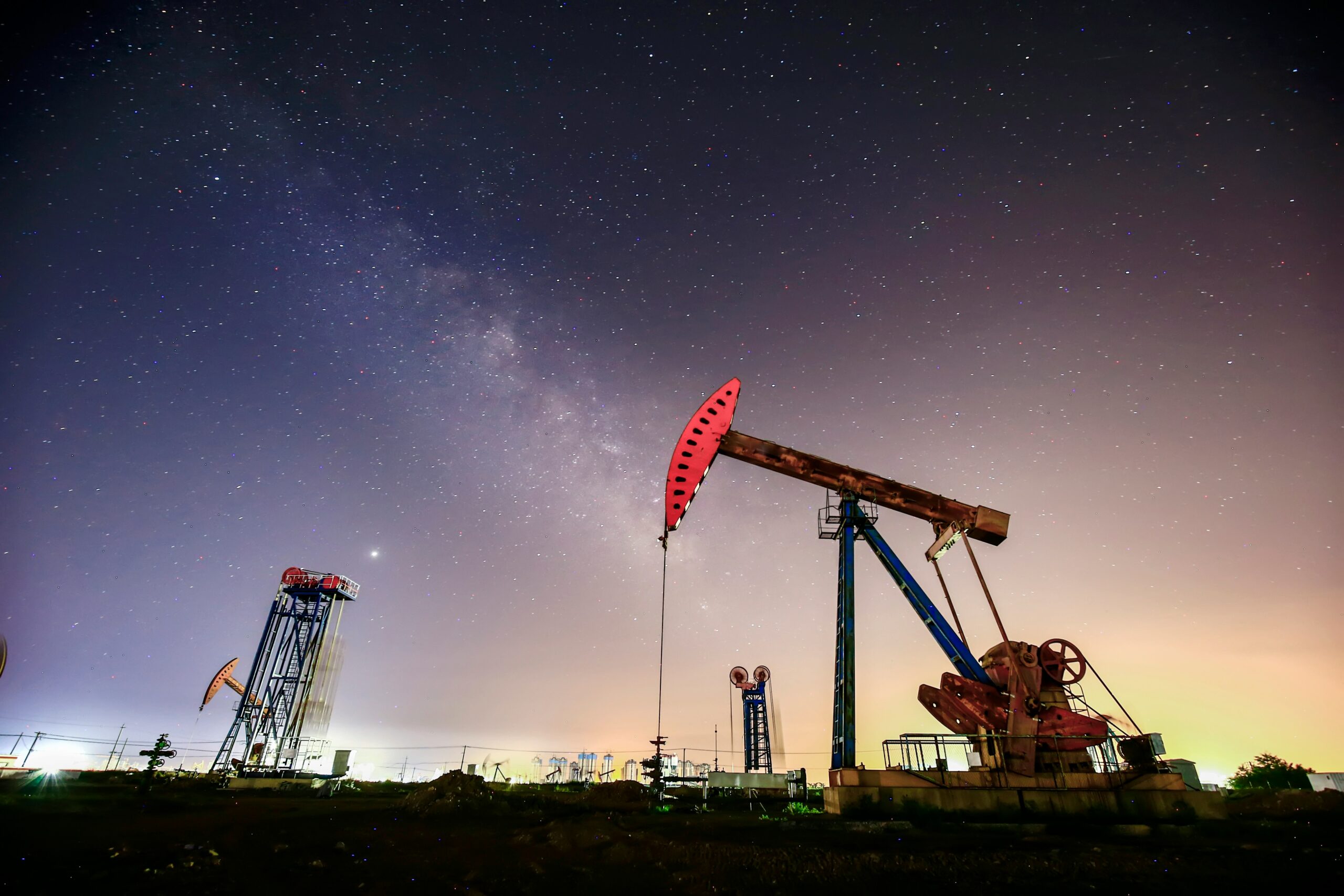
Drilling fluids, or “muds,” are essential for successful drilling operations in the oil and gas industry. These fluids serve multiple functions that ensure the safety and efficiency of drilling. They help cool and lubricate the drill bit, remove rock cuttings from the wellbore, and maintain the well’s stability. Additionally, drilling fluids provide pressure control and help prevent blowouts, which could otherwise lead to catastrophic consequences for workers and the environment.
One of the most critical functions of drilling fluids is transporting the rock cuttings generated by the drill bit to the surface. These cuttings can clog the wellbore, slow drilling, and even halt operations if not adequately removed. Drilling fluids also create a barrier between the wellbore and the surrounding formations, maintaining pressure and preventing wellbore instability. This is especially important in high-pressure environments, where pressure imbalances can lead to dangerous blowouts or healthy collapse.
Technological Advancements in Drilling Fluids
In the past 18 years, the oil and gas industry has seen significant technological advancements in drilling fluid systems. While effective in certain conditions, traditional water-based fluids have given way to more sophisticated formulations. Oil-based and synthetic drilling fluids enhance performance in high-temperature, high-pressure situations. These fluids suit deeper wells, unconventional reservoirs, and offshore drilling better, where conventional water-based systems may not be as effective.
Advances in real-time data collection and monitoring and improved formulations have revolutionized how companies manage drilling fluids.. Modern drilling operations use sensors to track the properties of drilling fluids continuously. This real-time data allows engineers to adjust on the fly, ensuring optimal fluid performance and reducing the risk of operational issues. Automated systems and predictive analytics optimize drilling fluid systems for maximum efficiency, minimize downtime, and improve overall wellbore stability.
Sustainability in Drilling Fluids
Environmental concerns have become a significant focus for the oil and gas industry in recent years, and drilling fluids are no exception. Traditionally, companies used oil-based drilling fluids to improve performance, but they posed environmental risks, particularly in offshore drilling operations. These concerns have shifted toward more sustainable and environmentally friendly drilling fluids.
The development of biodegradable water-based fluids has been a significant breakthrough. These fluids are designed to break down more quickly in the environment, reducing the risk of contamination in the event of a spill or leak. In addition, oil and gas companies are increasingly adopting recycling programs that allow drilling fluids to be reused, further reducing their environmental impact.
Efforts to improve the sustainability of drilling fluids have also led to innovations in the materials used to create them. Researchers are exploring alternatives to traditional toxic additives, focusing on creating drilling fluids that are both effective and non-toxic. This move toward greener fluids is part of the oil and gas industry’s broader commitment to reducing its environmental footprint while maintaining operational efficiency.
Challenges in Drilling Fluid Management
Managing drilling fluids is a complex task that requires a deep understanding of fluid behavior, well conditions, and operational goals. One of the primary challenges in drilling fluid management is maintaining the proper fluid properties under varying conditions. Innovations in drilling fluid technology are expected to improve fluid performance, reduce environmental impact, and enhance wellbore stability in the future.
In addition to maintaining the correct fluid properties, drilling fluid management involves dealing with issues such as fluid loss, contamination, and wellbore stability. Fluid loss occurs when the drilling fluid infiltrates the surrounding formation, making the wellbore unstable or the fluid lose its effectiveness. Contamination, on the other hand, can occur when unwanted substances enter the drilling fluid, compromising its properties and causing operational delays.
To address these challenges, professionals in the field must continually monitor the performance of the drilling fluids and make adjustments as needed. This requires experts to monitor real-time data, apply technical expertise, and leverage experience with the unique characteristics of each drilled well.
The Future of Drilling Fluids: Innovations on the Horizon
The drilling fluids industry will continue evolving as new technologies and challenges emerge. As the demand for deeper and more complex wells grows, the need for more advanced drilling fluids will increase. Innovations in drilling fluid technology are expected to improve fluid performance, reduce environmental impact, and enhance wellbore stability in the future.
One promising area of innovation is the development of “smart” drilling fluids that can adapt to changing downhole conditions. These fluids would automatically adjust their properties in response to variations in pressure, temperature, and other environmental factors. This would allow for a more flexible and responsive drilling process, improving efficiency and reducing the risk of costly delays.
Another area of growth is the continued focus on sustainable fluid systems. As environmental regulations become stricter, the industry is investing in developing new formulations that are both effective and environmentally friendly. From using bio-based materials to improving fluid recycling systems, the future of drilling fluids will likely see an increased emphasis on sustainability and waste reduction.
Expertise and Experience in Drilling Fluid Operations
The expertise gained from 18 years of working with drilling fluids is invaluable to the oil and gas industry. Professionals in this field deeply understand fluid behavior and the complexities of wellbore management. Their experience is critical in ensuring drilling operations run smoothly, efficiently, and safely.
With such a complex and specialized field, having experts who understand the nuances of drilling fluid systems is essential. These professionals are responsible for selecting and managing the proper fluids and troubleshooting and resolving issues that arise during the drilling process. Their expertise ensures that drilling operations remain on track, minimizing costly delays and maintaining safety standards.
As the oil and gas industry continues to evolve, the role of drilling fluid experts will remain essential. By leveraging years of experience and embracing new technologies, these professionals will continue to drive improvements in drilling fluid performance, operational efficiency, and environmental sustainability.